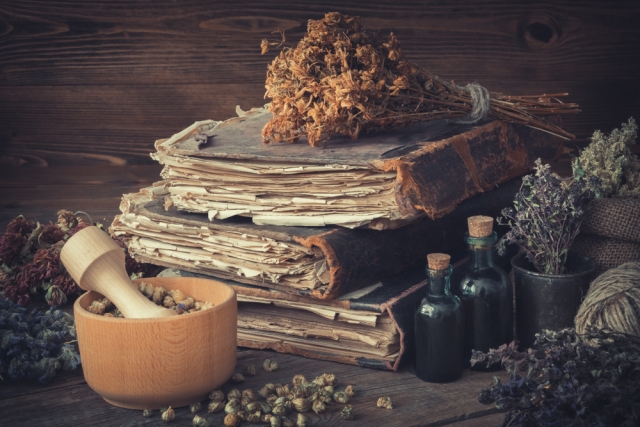Early Modern Witchcraft

In this podcast Professor Alison Rowlands of the University of Essex delves into the witch trials and witchcraft of the early modern period. She examines the sources historians use for this time period, and how they differ between regions, from the continent to England and the colonies. Rowlands distinguishes the stereotypes of witches and how gender played a lesser role than most people would believe. The use of torture is discussed and how legislation was changed in light of it. Rowlands also discusses how historians changed the view of witch trial research in the 1970s.
1. What are the sources we have for Early Modern Witchcraft?
2. Where in Europe do we see the criminalisation of witchcraft?
3. Does this anti-witchcraft criminal law extend to European colonies?
4. Who were considered witches?
5. What were the implications of being called/judged a witch?
6. Panics, torture & the ‘Witches Sabbath’
7. What do the witch trials tell us about society at the time?
8. What conditions led to the persecution of witches?
9. How have interpretations of witchcraft by historians changed over time?
10. General belief in magic, practicing White Witches and ‘cunning’ folk.
11. How do beliefs in magic change as we come into the modern period?
12. Case study on a witch family.
13. Witchfinders.
In order to access the full content of the podcasts please Login or Join the HA.

